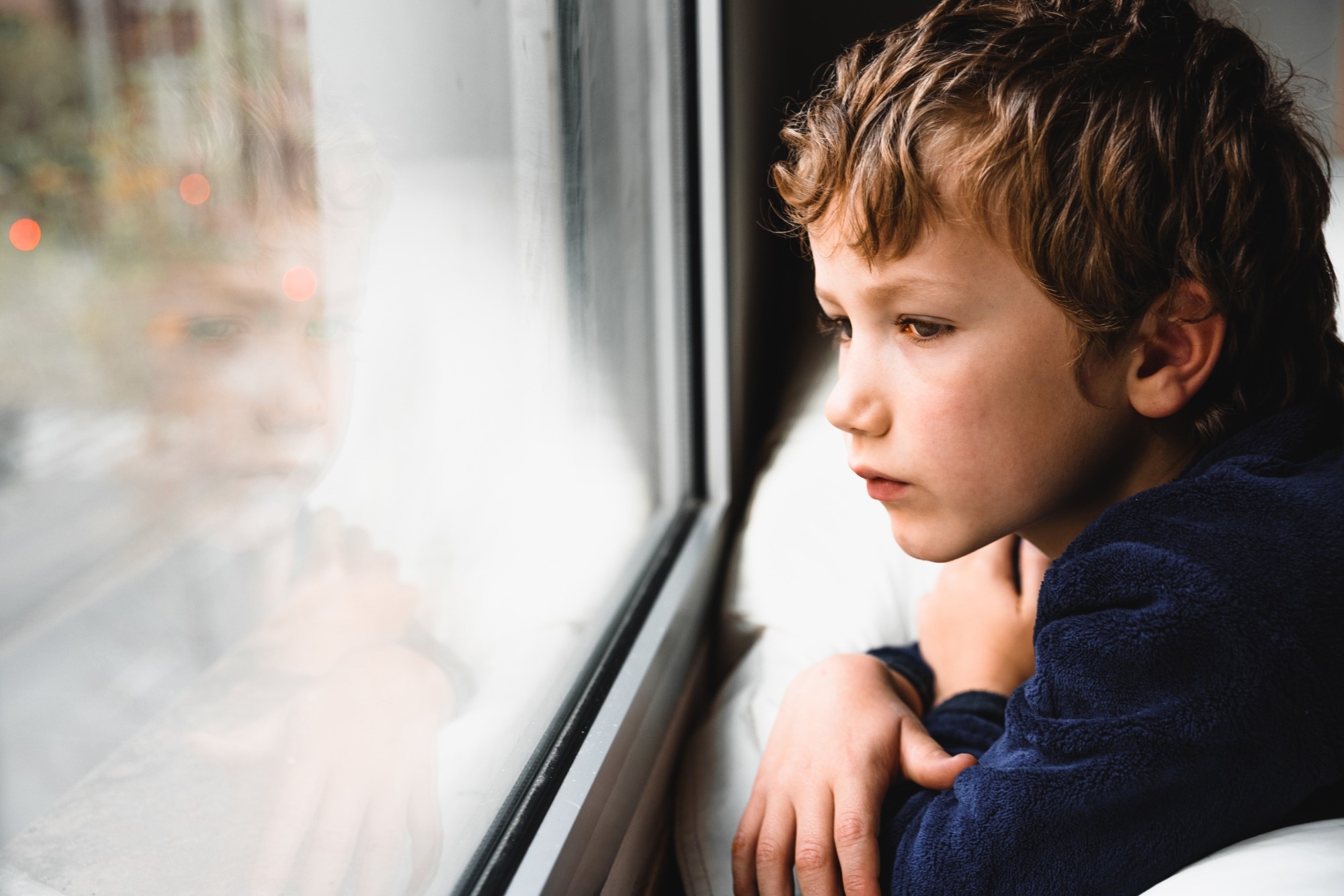In a recent study published in Scientific Reports, a group of researchers examined how prior coronavirus disease 2019 (COVID-19) infection, through behavioral immunity markers, impacts socioemotional functioning using data from 734 Mechanical Turk (MTurk) workers.
 Study: The psychological costs of behavioral immunity following COVID-19 diagnosis. Image Credit: Joaquin Corbalan P/Shutterstock.com
Study: The psychological costs of behavioral immunity following COVID-19 diagnosis. Image Credit: Joaquin Corbalan P/Shutterstock.com
Background
COVID-19 infection can lead to long-lasting adverse effects on mental health and well-being, intensifying the negative impacts of pandemic-related social and emotional disruptions.
This raises the question of whether COVID-19 also prompts adaptive behavioral immunity, a psychological mechanism that heightens avoidance behaviors to protect against future infections.
This system may increase disgust responses to infection cues and overgeneralize them to neutral stimuli, thus potentially disrupting socioemotional functions.
Further research is needed to validate and deepen the understanding of the complex relationship between adaptive behavioral immunity and socioemotional disruption, informing targeted interventions for post-infection mental health challenges.
About the study
The present study involved adult participants who were workers on Amazon MTurk, all of whom were at least 18 years old, fluent in English, and residents of the United States with no history of mental illness. After an initial screening using an online questionnaire, 912 participants were enrolled.
Several participants were excluded for failing attention checks, exhibiting low variance in image ratings suggestive of non-genuine responses, and discrepancies in survey responses.
Ultimately, 734 participants completed the study, providing demographic information and completing all study procedures, which the Institutional Review Board at Penn State University approved.
The study was conducted entirely online during the peak of the COVID-19 pandemic and the emergence of the Omicron variant, utilizing the personal electronic devices of the participants.
The procedure included a screening survey, demographic and health history surveys, and a specialized effective image rating task to elicit emotional responses to various images.
This task involved images intended to evoke neutral, infection threat, and bodily harm responses, which were rated on disgust and fear, as well as the perceived risk of sickness and harm. These images were sourced from professional stock photography services and standardized in size and resolution.
Participants progressed through the study by completing an online consent form, demographic and health surveys, and the central image rating task, which included trials where each image was assessed on several emotional response scales.
Data from the image ratings and self-reported measures of pandemic disruption were analyzed to explore the relationships between prior infection, emotional responses to images, and perceived socioemotional disruptions during the pandemic.
Study results
Participants in the study began by reporting their history of COVID-19 diagnosis and their level of disruption during the pandemic through online questionnaires.
Participants then engaged in the affective image rating task, where they responded to 90 images divided evenly into three categories: threat of infection, threat of harm, and neutral.
The images were evaluated based on behavioral immunity and harm avoidance markers through four likert scale statements.
Multilevel models assessed the effectiveness of these image types in obtaining responses corresponding to the two psychological systems, with significant differences observed in reactions to threat versus neutral images, particularly highlighting the distinct activation of the behavioral immune system by infection cues over harm cues.
The study's first hypothesis tested whether behavioral immunity mediated the relationship between prior COVID diagnosis and greater pandemic disruption.
This mediation was analyzed using the product of coefficients approach, where the paths from COVID diagnosis to image ratings and from image ratings to pandemic disruption were calculated and tested through bootstrapping.
The results showed that except for the disgust ratings to infection images, all other ratings significantly mediated the association, with previously diagnosed individuals reporting higher levels of disgust and sickness appraisals across all image types, which in turn correlated with greater pandemic disruption.
The second hypothesis focused on the comparative strength of mediation by behavioral immunity responses to neutral versus infection images. It was hypothesized that responses to neutral images would more strongly mediate the link between prior diagnosis and disruption.
Bootstrapping the differences in the indirect effects confirmed this for disgust responses, though not for sickness appraisals, suggesting that behavioral immunity activation to neutral images plays a more significant role in mediating pandemic disruption.
Lastly, the third hypothesis explored whether prototypical harm avoidance markers, like fear and harm appraisals, also mediated the relationship between COVID-19 diagnosis and pandemic disruption.
The analysis showed that fear responses to all image types and harm appraisals to neutral and infection images significantly mediated this relationship, except for harm appraisals to harm images.
This indicates a broader activation of threat responses following a COVID diagnosis, implicating both behavioral immunity and harm avoidance systems in the psychological impacts of the pandemic.